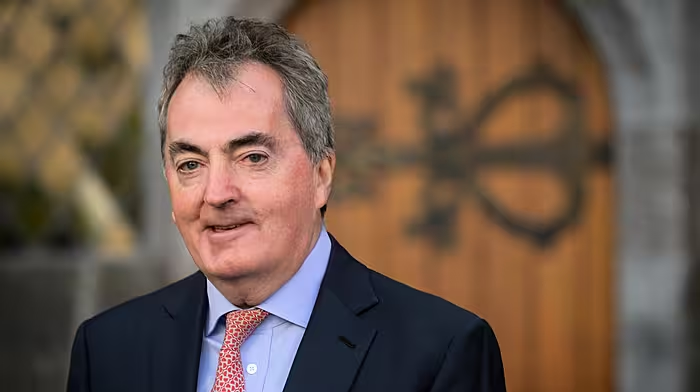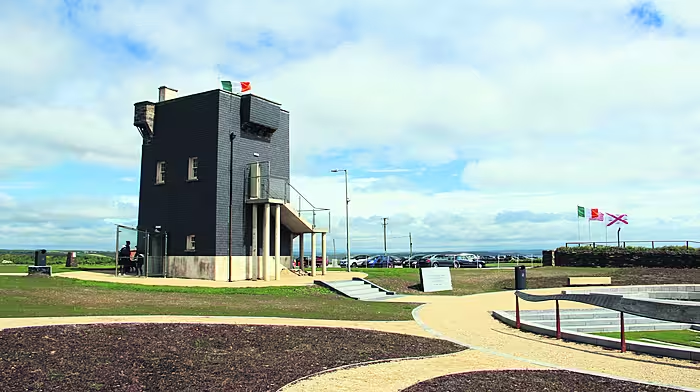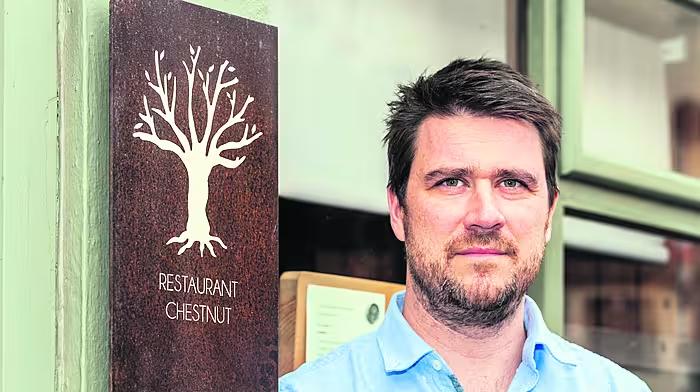SIR – I read with interest about the €55,000 which Cork County Council is contributing towards 24 projects and events to celebrate the 1916 centenary in West Cork. All the planned events are interesting and worthwhile.
SIR – I read with interest about the €55,000 which Cork County Council is contributing towards 24 projects and events to celebrate the 1916 centenary in West Cork. All the planned events are interesting and worthwhile.
I am disappointed, however, that two men who played a major part in the cultural and political movements that led to the Rising have not been mentioned. The first ‘forgotten’ man is Peadar Ó hAnnracháin (1873-1965). Ó hAnnracháin was a life-long enthusiast for the Irish language and national movements generally.
He became a member of Conradh na Gaeilge in 1900 when a branch was established in Skibbereen. He was appointed a Timire (organiser) in 1900 and worked in Kerry, Clare, Galway, many parts of County Cork and elsewhere, establishing branches where Irish was taught by travelling teachers. He travelled most of the country, relying on his bicycle to go from place to place.
As well as organising and teaching, he spent much time collecting folklore, songs and poems which had been kept alive orally by the old people. He worked incessantly to establish an Irish-speaking state.
In this he was following the ideas of Dubhglás de hÍde who became our first President. Hyde believed in the de-Anglicisation of the Irish nation. For Hyde and others in the Gaelic League, the struggle was to liberate Ireland from Britain, but they went further on insisting that a geographic break with Britain, while necessary, was not enough. Ireland needed to be freed culturally and spiritually from England.
For them the Irish language was at the heart of this. They dreamt of an Irish-speaking Ireland based on the Gaeltacht and extended to the rest of the country. He was also a member of the Irish Republican Brotherhood and played a prominent part in the War of Independence and, during Easter Week 1916, took part in the activities of the Cork Brigade which was under the command of Tomás Mac Curtain. The plan was to take the city men to Macroom and occupy high ground around Millstreet.
Things got confused because of countermanding orders from Dublin – ‘the Rising is on, the Rising is off’. After the Rising there were many arrests and Peadar Ó hAnnracháin was among fifty prisoners who, along with Tomás MacCurtain and Terence MacSwiney, were sent to Wakefield prison and then Reading prison where he met Ernest Blythe.
Peadar O hAnnrrachán had very close ties with The Southern Star. In the early years of Conradh he got great support from the Star, which published folklore, songs, poems, etc. He became part of the board which edged the Star toward support for nationalism. Indeed, he served for a while as editor and was responsible for appointing Earnán de Blaghd as editor, the most famous of the Star’s editors.
The second ‘forgotten’ man is Seán Ó Muirthile from Leap (not to be confused with his namesake from Drinagh). Ó Muirthile was very involved in Conradh na Gaeilge and the IRB and also in the Rising and War of Independence. He was also a Conradh na Gaeilge Timire in Kerry, Limerick and other places.
He became friendly with the Fenian O’Daly family in Limerick in whose house he met many of the IRB leaders, particularly Thomas Ashe and Seán Mac Diarmada. In 1916, he was appointed to convey German arms which were to be landed in Fenit, brought to Tralee and then by heavily guarded train to Limerick where Ó Muirthile was to distribute them to volunteers in the Limerick, Clare, Galway and North Tipperary areas. However, the arms never arrived.
It is believed that during Easter Week he fought in North King Street, beside his namesake, Seán Ó Muirthile from Drinagh, the only West Cork man to die in the Rising in Dublin that week.
A close friend of Michael Collins and Gearóid Ó Sullivan from Skibbereen, he was a member of Collins’ intelligence team. He joined the Free State Army in 1922, eventually becoming Quarter Master General.
In 1926 he returned to West Cork where he continued his work for Conradh na Gaeilge. He died unexpectedly in 1941. He is buried with his wife in Leap Graveyard
A small headstone with an inscription in the old Gaelic script is now barely legible. This ‘forgotten’ man needs to be recognised for his prominent part in the struggle to secure the freedom we now enjoy.
Yours sincerely,
Eoghan O Dálaigh.
Acadh Tobair, An Léim.







